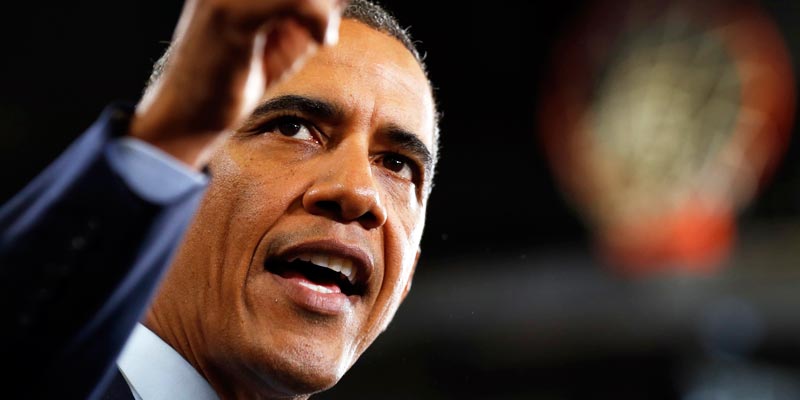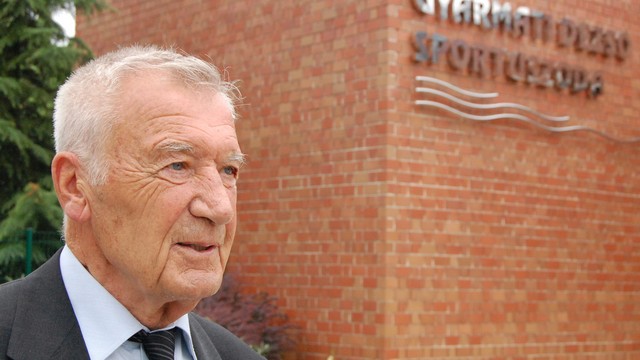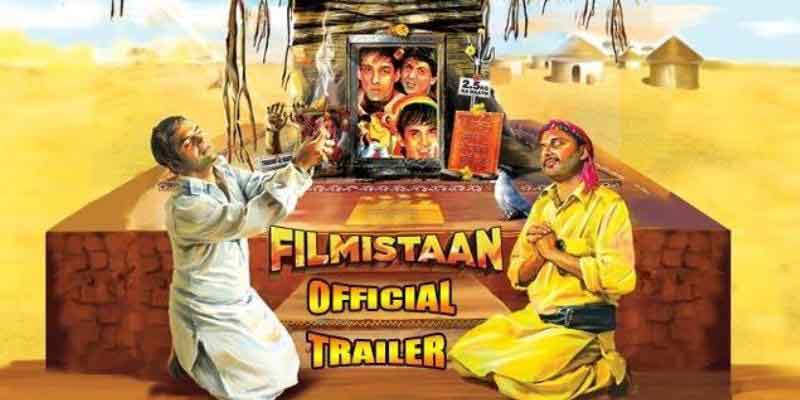It will be Modi’s first visit to US almost in a decade after he was denied visa for the same in 2005 ‘“ a humiliation which continued till he became prime minister of the country.
The fate had taken a turn and the United States of America was eager to see Indian Prime Minister Narendra Modi. Finally, US President Barack Obama will see Modi on September 29-30 in the White House.
In days prior to his meeting with Obama, Modi will attend the United Nations General Assembly and then deliver a much-anticipated address to the Indian-American community at Madison Square Garden stadium in New York City.
It will be Modi’s first visit to US almost in a decade after he was denied visa for the same in 2005 – a humiliation which continued till he became prime minister of the country.
A White House statement said that Obama was looking forward to working with Modi to “fulfil the promise of the US-India strategic partnership.”
“They will discuss ways to accelerate economic growth, bolster security co-operation, and collaborate in activities that bring long-term benefits to both countries and the world. They will also focus on regional issues, including current developments in Afghanistan, Syria and Iraq, where India and the United States can work together with partners towards a positive outcome,” it said.
It should be noted that Islamic State has become a headache for the US and India as well. While US is combating IS militants through air strikes and has seen horrific murder of its citizens at their hands, India has concerns for the life of its citizens who have been abducted by the Sunni militants.
In fact, the position of India has worsened in recent days as al-Qaeda announced formation of Indian wing and vowed to spread its wings across the Indian subcontinent. India fears that in this situation where al-Qaeda and IS will flex muscles to overpower each other, there will certainly be more terrorist attacks on the country.
India has sounded a nationwide alert for the same.
A range of differences has dogged the two nations. These include the arrest of Indian diplomat Devyani Khaobragade in New York and intellectual property rights issues pertaining to India’s pharmaceutical industry.
If one jogs the memory, it will be found that the US ambassador to India Nancy Powell had resigned in April, and the Obama administration has yet to appoint a replacement.
India and US has some shared interests at present which include countering terrorism of any kind and keep a check on China’s rise, and possibly outrun it in the race. The Obama administration, for the same, must send a clear signal that it is ready to do business with Modi and his government and that it will not give him the cold shoulder over the issue of the Gujarat riots.
It is a fact that Modi rose, stayed away from communal politics and won the Lok Sabha elections on the promise of development and better governance. Also, he was given a clean chit by the court in the case of Gujarat riots.
Now the ball is in Modi’s court, and Obama better watch out.





